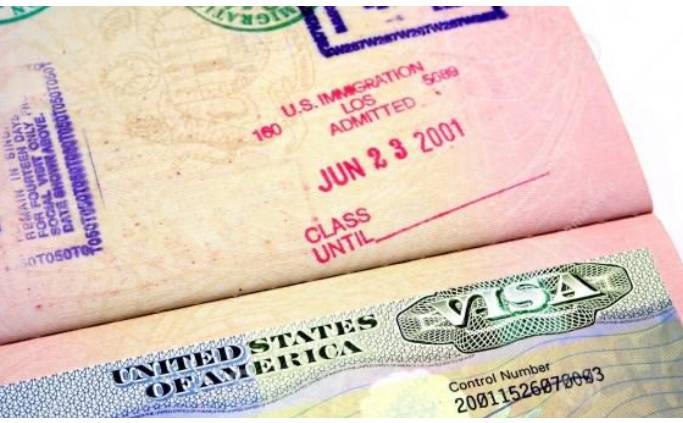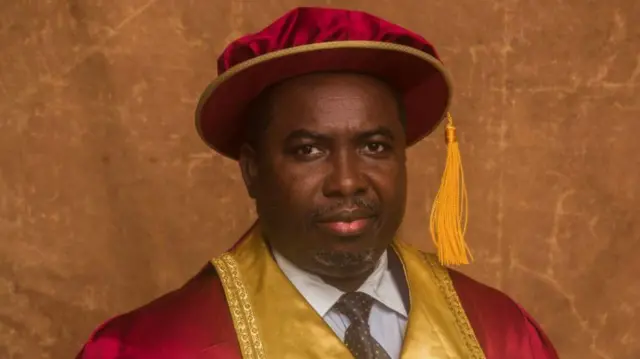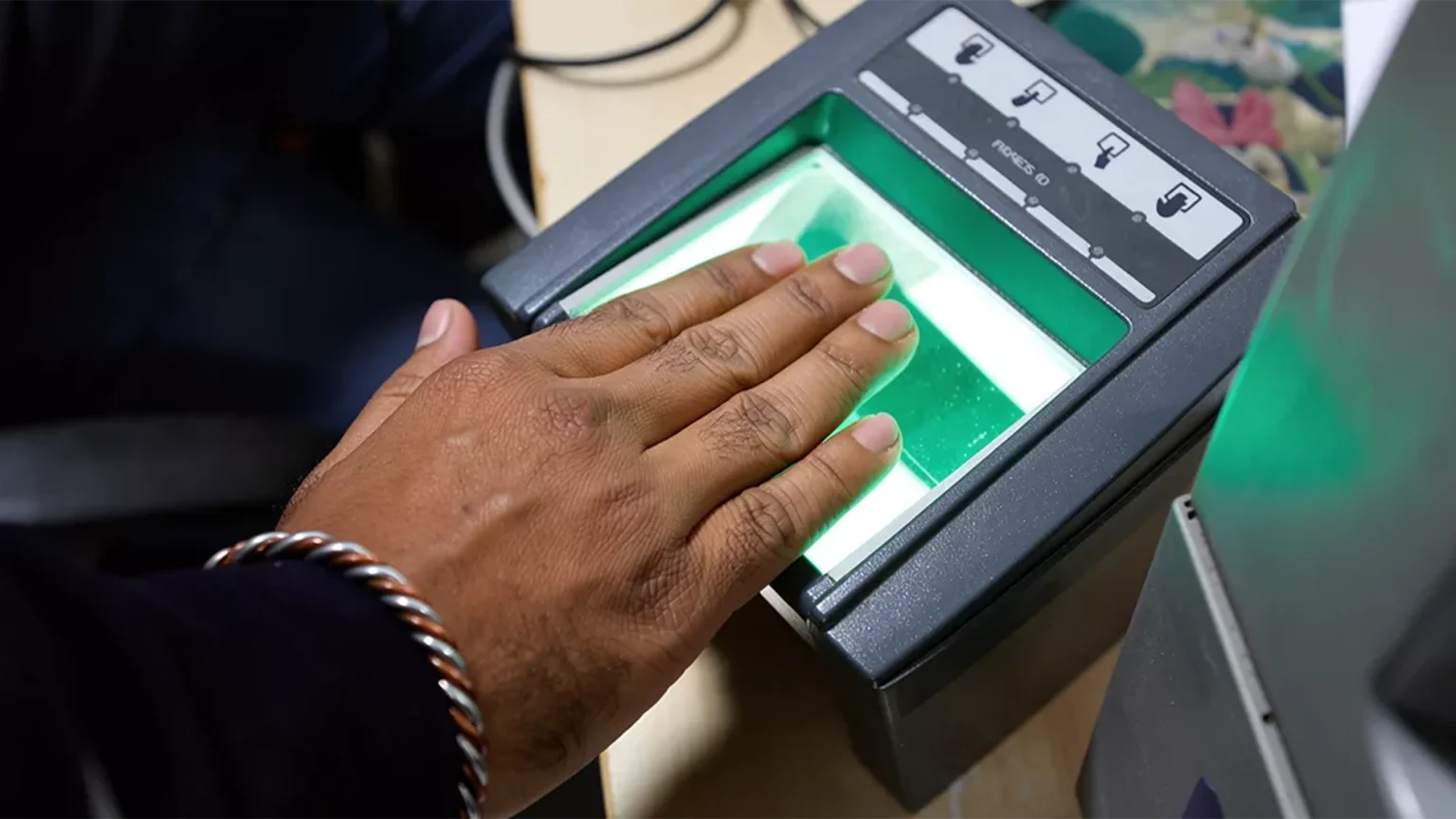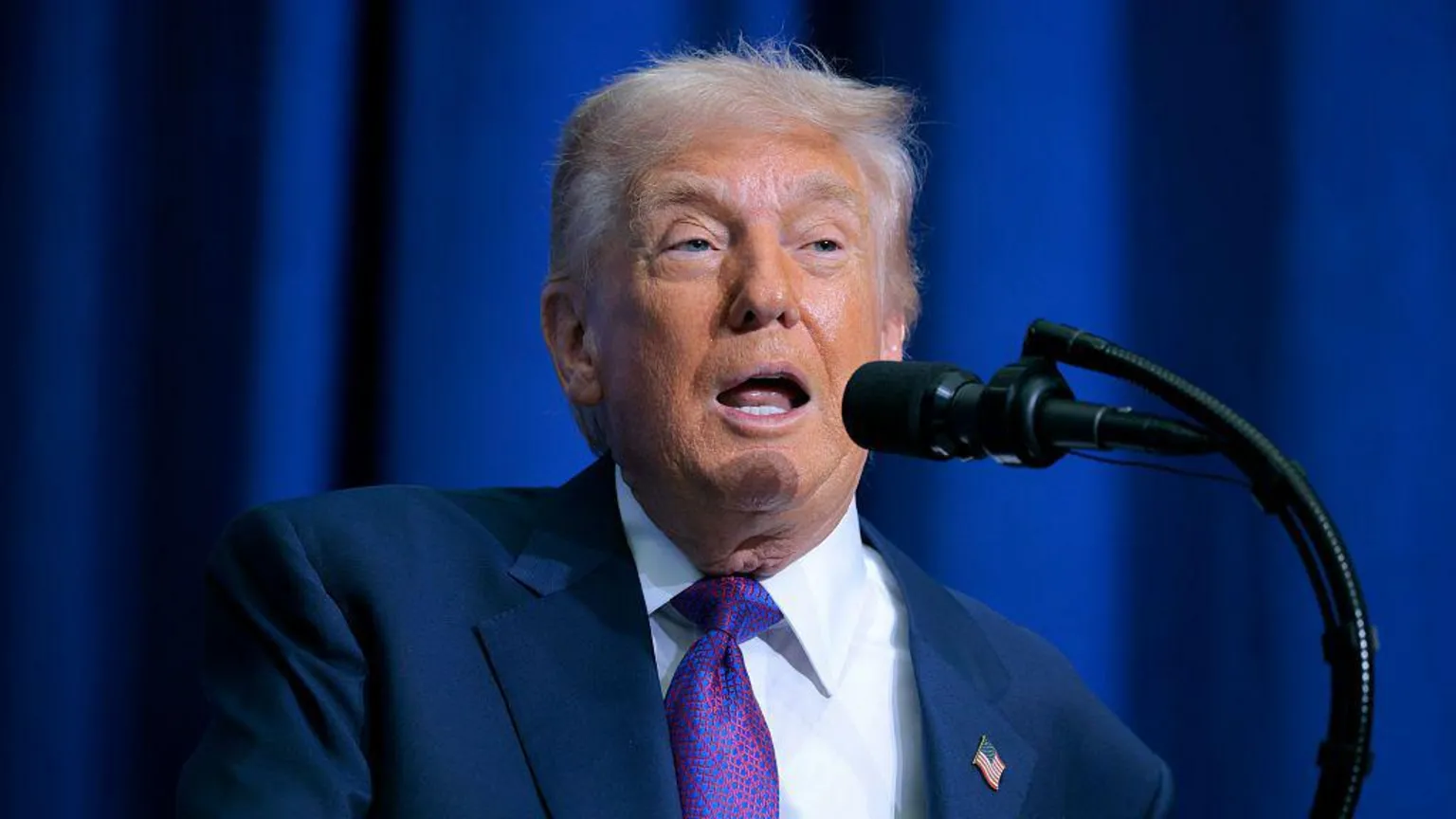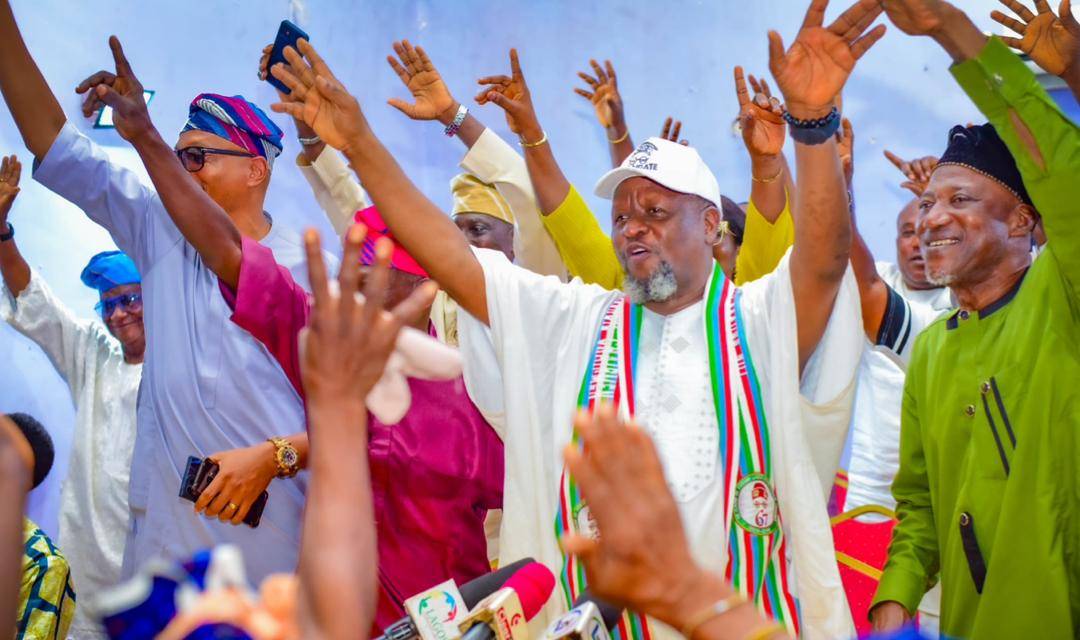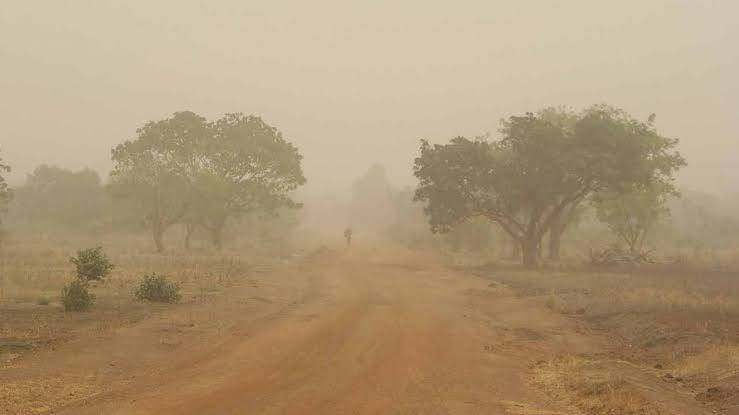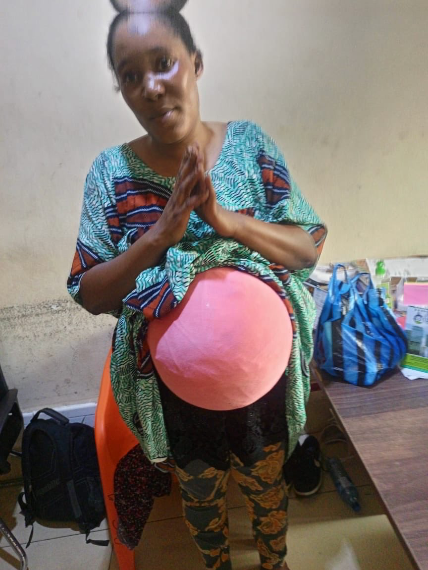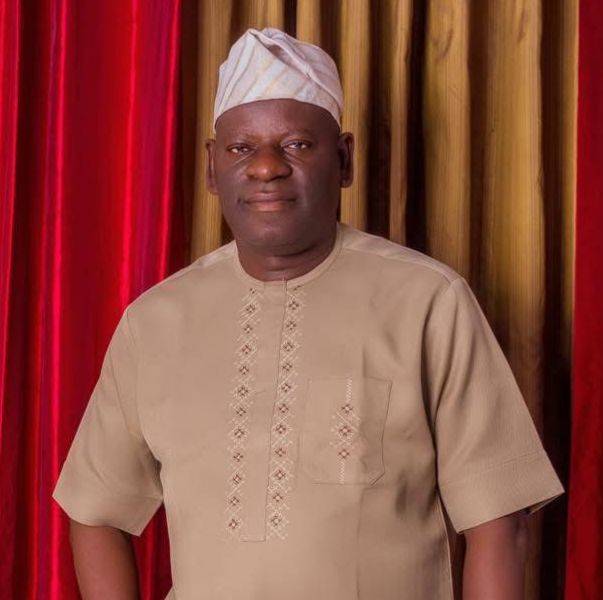The United States government has announced plans to reduce the validity period of visas for international students and media professionals.
The Department of Homeland Security (DHS) made this known in a statement issued on Wednesday, August 28, 2025.
Under the proposed rule, F visas, which allow foreign students to study in the United States, would be capped at a maximum duration of four years.
As it stands, students are granted visas for the full length of their academic programs, which can exceed five years for doctoral degrees.
For foreign media professionals, visa validity would be limited to 240 days, with a possible extension of another 240 days.
However, journalists’ visas would not be allowed to exceed the duration of their assignments.
Any extensions would require applications through U.S. Citizenship and Immigration Services (USCIS), triggering additional security checks.
In the past, journalists from countries like Germany have received visas valid for up to five years.
The DHS stated: “For too long, past Administrations have allowed foreign students and other visa holders to remain in the U.S. virtually indefinitely, posing safety risks, costing untold amount of taxpayer dollars, and disadvantaging U.S. citizens.
“This new proposed rule would end that abuse once and for all by limiting the amount of time certain visa holders are allowed to remain in the U.S., easing the burden on the federal government to properly oversee foreign students and their history.”
However, the proposal drew immediate criticism from the U.S. higher education community.
The president and CEO of the Presidents’ Alliance on Higher Education and Immigration, Miriam Feldblum, warned that the new rules would impose unnecessary burdens on students and institutions.
“The rule would force international students and scholars to regularly submit additional applications, disrupting their studies and straining university operations,” Feldblum told dpa.
She added that the uncertainty could deter international talent from choosing the U.S. for their education and research.


